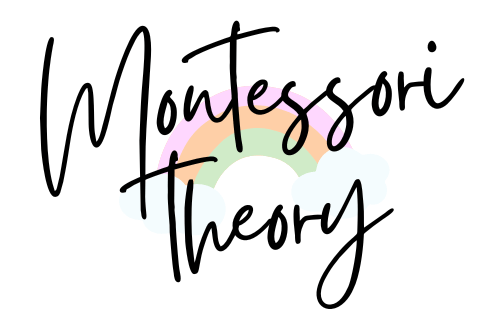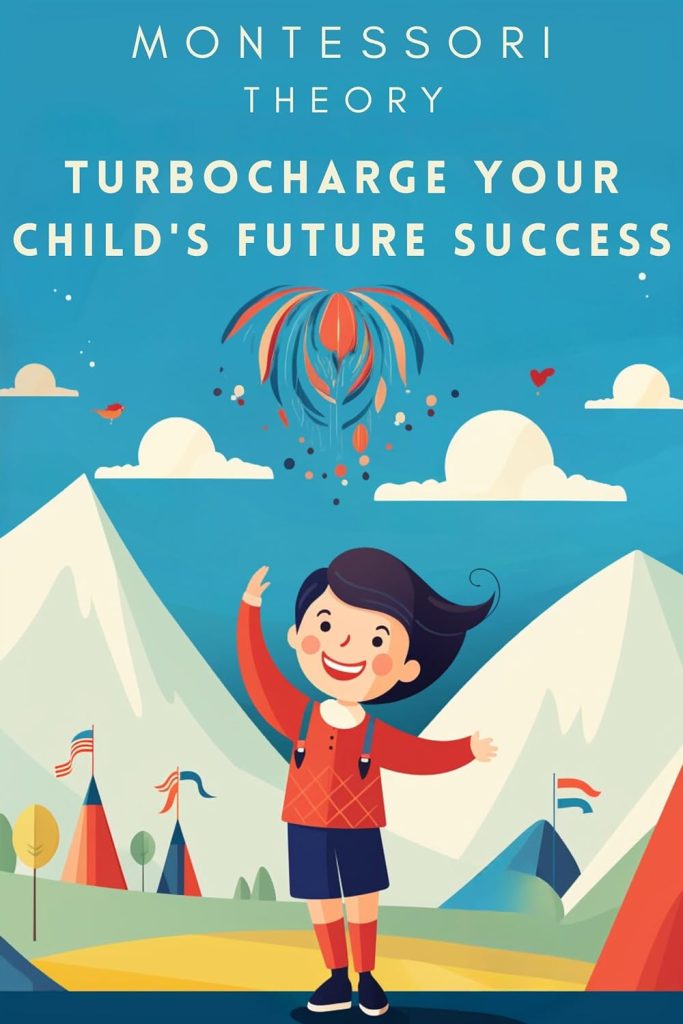Self-Directed Learning in Montessori education represents a fundamental shift from traditional, teacher-led instruction to a model where the learner plays an active role in navigating their educational journey. This approach is rooted in Maria Montessori’s observation that children are naturally curious and possess an innate desire to learn about the world around them. In a Montessori setting, the environment is meticulously prepared to offer a wide array of learning materials and experiences that cater to the diverse interests and developmental stages of the children. This setup empowers students to take the initiative, choosing activities that resonate with their interests and learning needs.
The concept of self-directed learning extends beyond mere academic exploration; it encompasses the development of critical life skills such as decision-making, problem-solving, time management, and personal responsibility. As children engage with materials and tasks of their choosing, they learn to set goals, monitor their progress, and reflect on their learning experiences. This iterative process fosters a deep sense of ownership and satisfaction in their accomplishments, fueling their motivation and love for learning.
Educators in a Montessori environment play a crucial role as guides rather than traditional instructors. They observe each child’s interactions within the environment, offering support, introducing new concepts or materials when appropriate, and facilitating connections between the child’s interests and the broader curriculum. This responsive approach ensures that learning remains relevant and engaging for each child, promoting an atmosphere where curiosity and inquiry drive the educational experience.
Self-directed learning prepares children for the complexities of the modern world, where adaptability, lifelong learning, and independent thinking are paramount. By encouraging children to take charge of their learning from an early age, Montessori education cultivates confident, capable individuals who approach challenges with creativity and resilience. This emphasis on self-directed learning highlights Montessori’s vision of education as an aid to life—a process that supports the development of the whole child, equipping them with the skills and dispositions necessary to lead fulfilling and meaningful lives.

